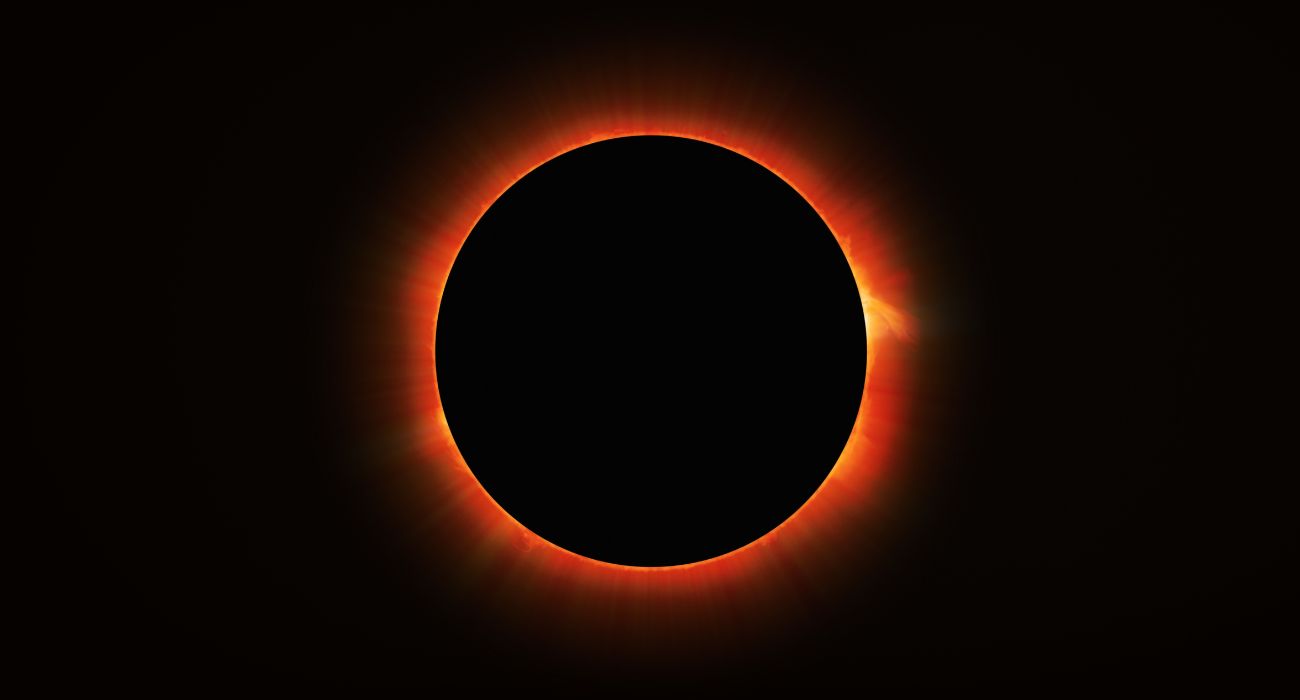Dallasites will have a number of venues in town to choose from to watch Saturday’s annular eclipse.
Such eclipses are exceptionally rare in Texas, with only four annular eclipses and two total eclipses having passed through the state’s skies since 1851, as previously reported by The Dallas Express.
In the metroplex, the moon is expected to obscure 81% of the sun, while cities directly in the path of the annular eclipse in southern and central Texas, such as San Antonio, will see 90% of the sun obscured.
The partial eclipse will begin at approximately 10:23 a.m. in the Dallas area and will reach peak obscurity at approximately 11:52 a.m.
Venues across the Dallas area, including the Perot Museum of Nature and Science, the Bathhouse Cultural Center, and Texas Discovery Gardens, are hosting viewings and activities associated with the eclipse.
The Perot Museum will host its event in partnership with the Carnegie Institution for Science from 8:30 a.m. to 1 p.m. Organizers will provide attendees with eclipse glasses.
The event will include live music, STEM activities, games, and food trucks from eateries like Mi Cocina, Yummy Pizza, Sushi Dojo, Tiff’s Treats, and more. Tickets for the event cost $25 each for people 13 and older and $15 for children.
Texas Discovery Gardens will host a similar viewing event at Fair Park on its circular lawn from 11 a.m. to 12:30 p.m. Organizers will provide an optical projection to view the eclipse and sell eclipse glasses at the event.
The Bath House Cultural Center has events scheduled for both Saturday’s annular eclipse and the total eclipse next April. It collaborated with the Oak Cliff Cultural Center and will hold the annular eclipse event at 521 E. Lawther Drive in Dallas from 10 a.m. to 12 p.m. Eclipse glasses will be provided while supplies last.
Make sure to wear eclipse glasses.
“Looking at the sun is harmful to and dangerous for your eyes. Eye diseases like cataracts, photokeratitis, macular degeneration, and eye-related cancers are all triggered by overexposure to the sun’s ultraviolet rays … and blue light. Staring at the sun causes temporary blindness. Permanent blindness can also happen, but that rarely happens. But even partial impairment can be permanent,” reads an article published on MyVision.org.







Trackbacks/Pingbacks